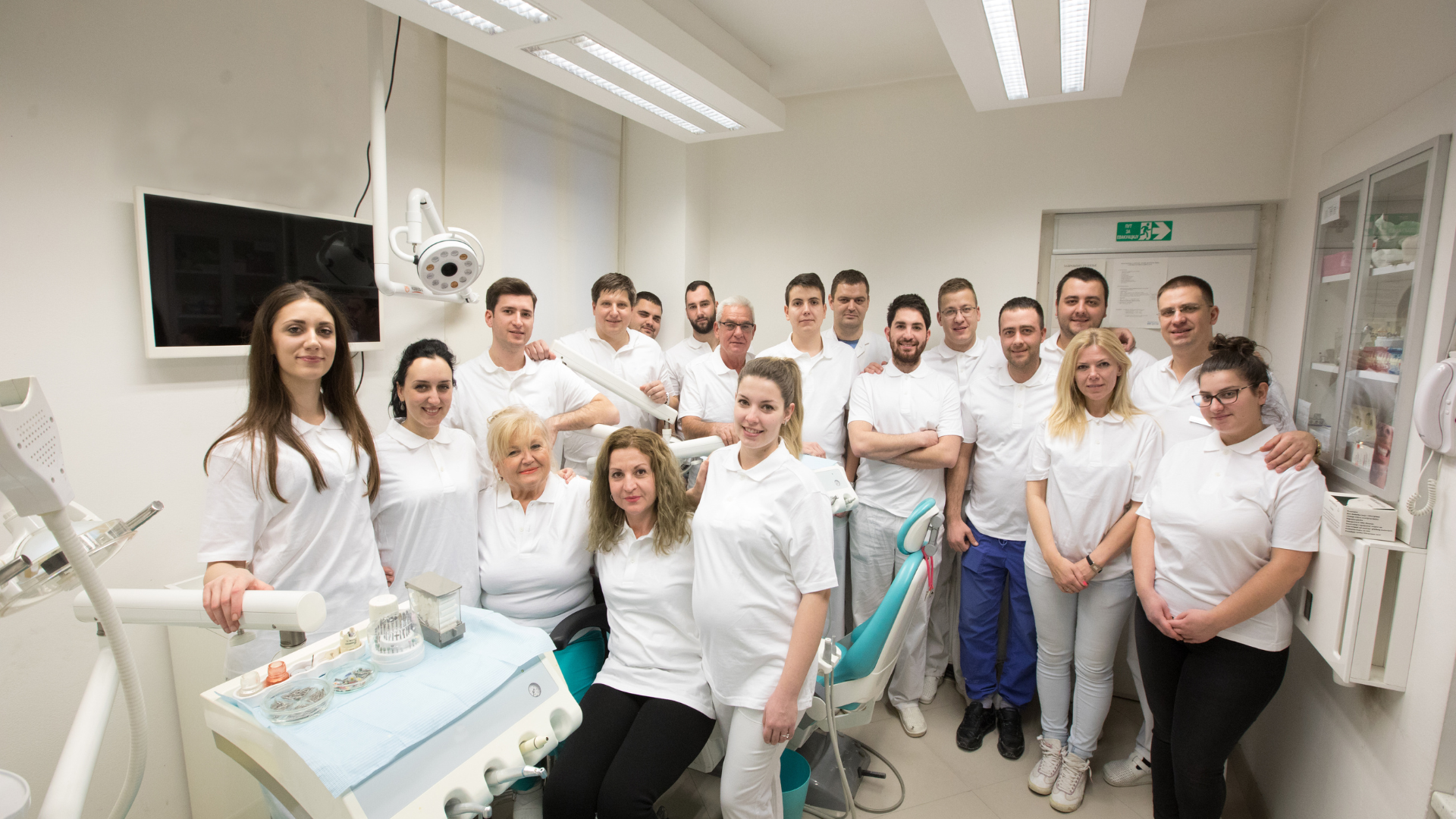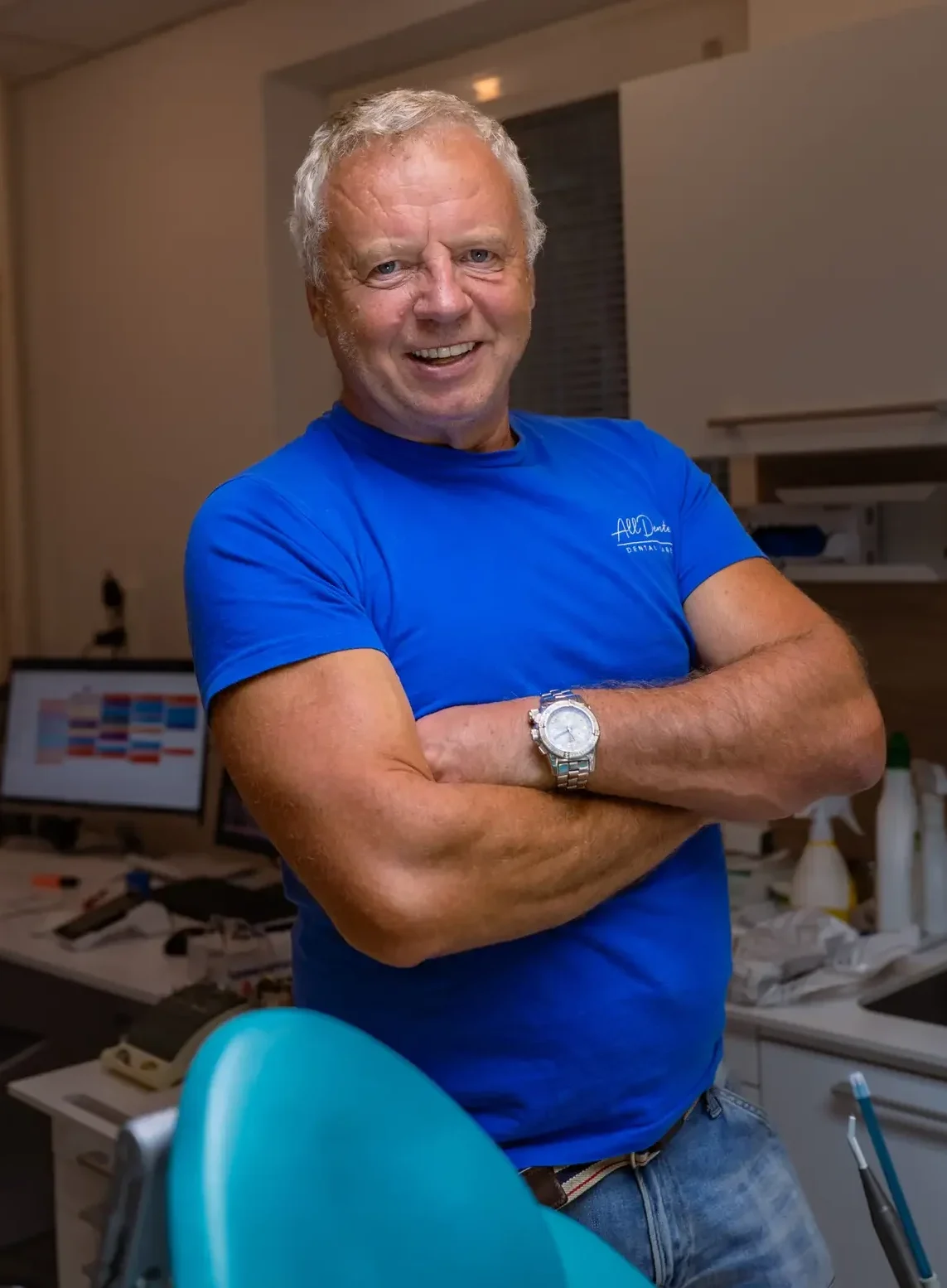About Emergency Dental Care
I enjoy getting to know my patients and building meaningful relationships. I understand that each person is unique and that they have diverse cultural backgrounds, so I strive to actively listen and empower them to be an advocate for the health and wellness goals that are important to them. I’m dedicated to providing compassionate and individualized care by providing patient education and practicing evidence-based medicine. I’m passionate about practicing preventive medicine and helping my patients manage acute and chronic health conditions, mental health.
I find joy by doing almost any outdoor activity, including hiking, running, and exploring with our furbabies. I enjoy spending time with family and friends. I also strive to live mindfully and intentionally by creating uplifting routines and relaxing rituals.


